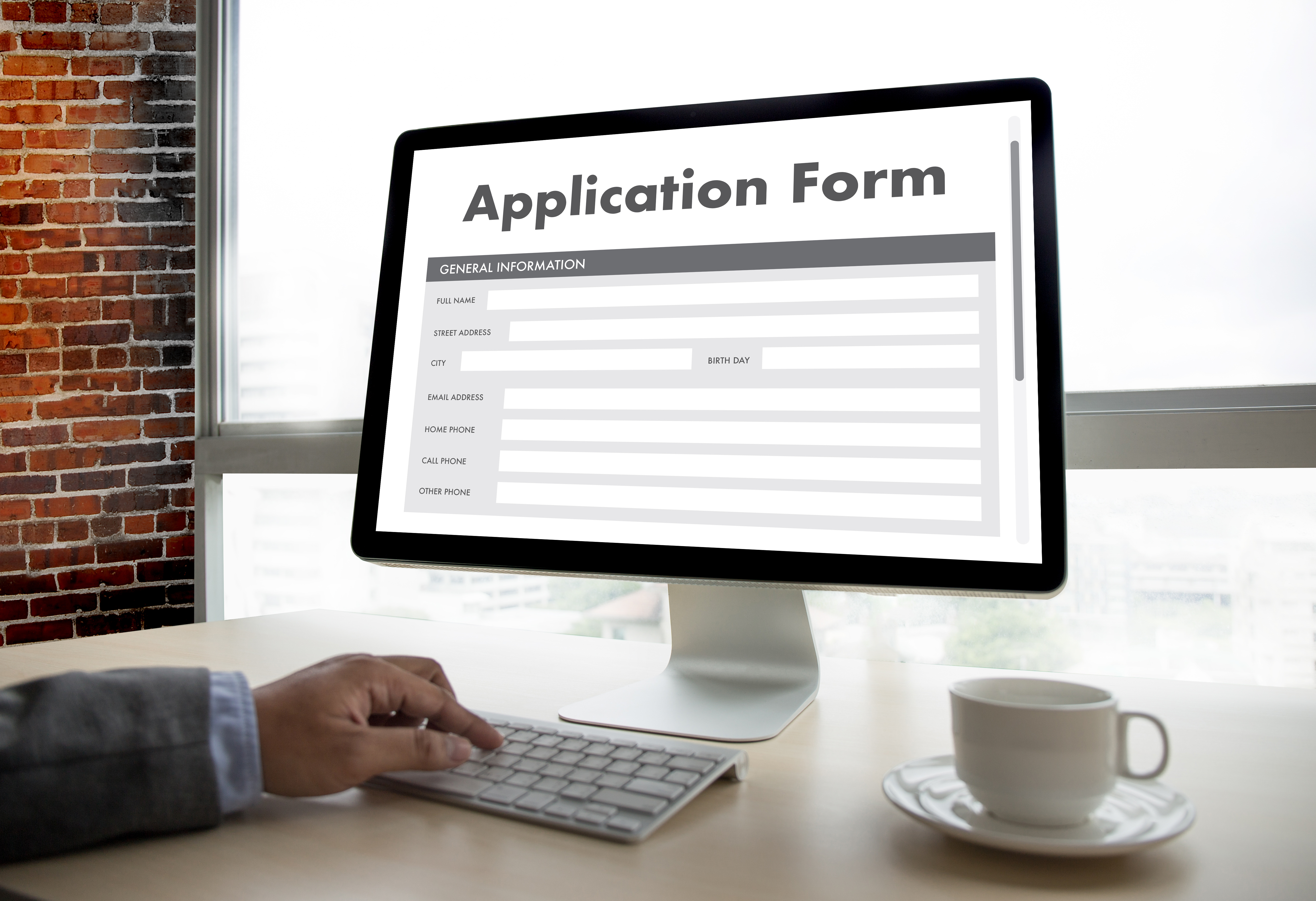
Category Archives: Tax

Is it too late to file my taxes?
Generally, it’s never too late to file your taxes. Now here is the catch. If you are due a refund and you don’t file, you have three (3) years to do so. If you do not file within the 3 years period, you lose your refund. Now, if you owe...
Read More ›
What Is Tax Planning for Uber Drivers?
So I asked Google what is tax planning? I got this from financebuzz.com Tax planning is the analysis and organization of a person’s financial situation with the goal of ensuring the most “tax-efficient” outcome. In other words, the...
Read More ›
IRS Rules Regarding 1099’s
Below are the IRS 1099-Misc. rules regarding paying someone for services they provide. File Form 1099-MISC for each person to whom you have paid during the year: At least $10 in royalties or broker payments in lieu of...
Read More ›
Accountant | Tax Preparer for Uber or Lyft Drivers
We came across this post on uberpeople.net and commented on it. The questions asked is below. Discussion Starter · #1 · Oct 3, 2018 Any clues on how to find the best recordkeeping, tax filing advice? Key word...
Read More ›
Home Office Deduction Self-Employed
The home office deduction allows qualified taxpayers to deduct certain home expenses when they file taxes. To claim the home office deduction on their 2021 tax return, taxpayers generally must exclusively and...
Read More ›
Ways To File | Why File With Us
There are hundred of ways to file your tax returns. You can file with a CPA. You can have a Tax Accountant or have a Tax Preparer file your tax return. You could also file your taxes online (DO IT YOURSELF option) with a tax software vendor...
Read More ›

